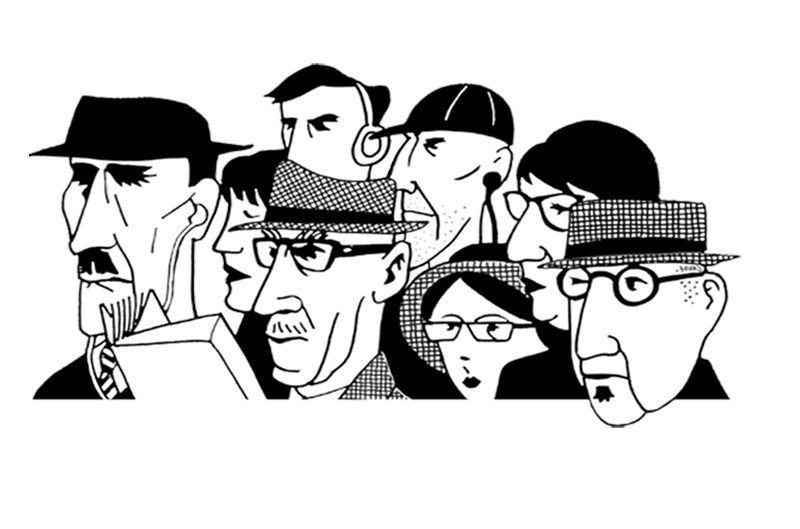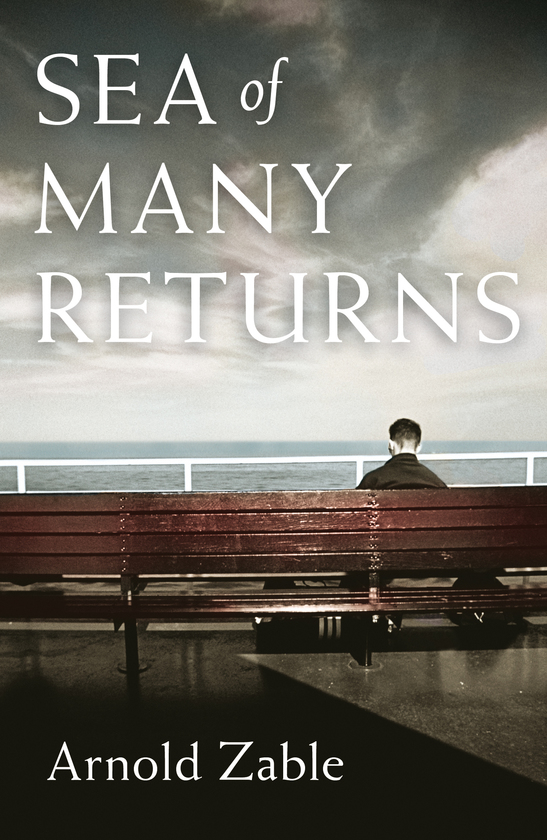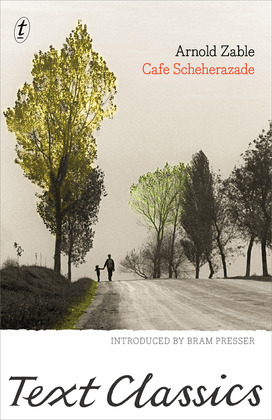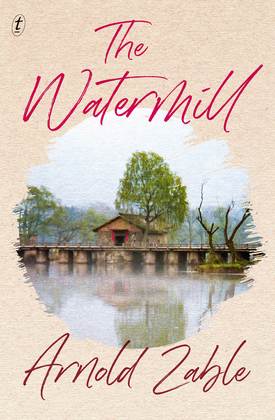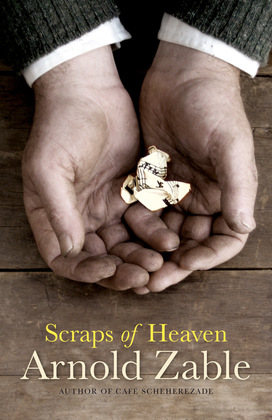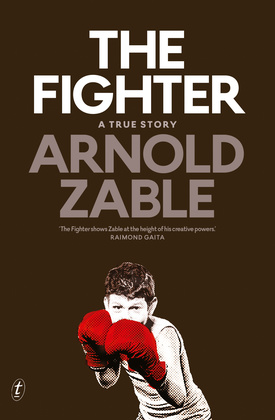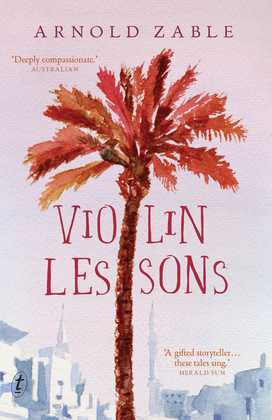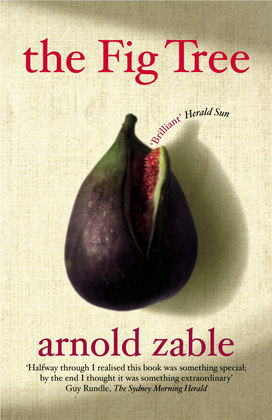Ithaca. I cannot recall the first time I heard the word. It has always been there like an ancient longing welling up from the sea.
Xanthe is drawn to Ithaca, the birthplace of her father Manoli and her maternal grandfather Mentor. She is translating Mentor’s manuscript, his story of leaving Ithaca and his life in Australia: fleeing the Kalgoorlie riots, working in Melbourne coffee houses with his compatriots, studying in the State Library, and learning to dream his way back to Ithaca and back to his lost son.
Slowly she begins to understand her father’s dark moods. The lure of the sea. The promise of fortune. And the ache for the hum of the Ionian winds, the rhythm of the looms and the silence of the rocky Ithacan soil.
The island of Homer’s Odyssey has beguiled readers for millennia. Master storyteller Arnold Zable takes us to modern-day Ithaca, to its mountains, its villages and its harbours, and into the houses of its people. Sea of Many Returns is a profound meditation on displacement, nostalgia and exile—a story that affirms the enduring resonance of the Odyssey for voyagers of all times.
andSea of Many Returns
‘When I had finished Sea of Many Returns, I turned back to the beginning and started again…Arnold Zable is a long-distance athlete among novelists, and his command of his material is superb. Though several voices tell his latest story, their variety and intermingling is never a barrier to understanding…Years of reflection and his own life experiences have contributed to the mastery with which Zable explores the themes of displacement, loss, nostalgia and homecoming in all of his books.’
‘Simply magnificent.’
‘If there is one thing that distinguishes Arnold Zable’s writing, it is the strength of his narrative voice…This is a superbly crafted, at times exhilarating and edifying, novel.‘
‘More a classical fabulist than a contemporary novelist, his books have an ethereal, myth-like quality, complete with beautifully lilting prose and near-tangible warmth. … while it is steeped in history, it is also a marvellously timely book that invites contemporary parallels, both favourable and otherwise, to be drawn.’
‘Zable’s fiction has often found disquieting resonances between physical and emotional space. Here, once again, he embraces restless and heartsore characters, people whose deep longings are sketched with a few reverent gestures.
Zable has a remarkable gift for this. He holds pain with unsettling gentleness. His prose is such good company that you accept its honesty.
The book handles Zofia and Romek’s personal baggage with both delicacy and strength. It doesn’t interrogate their inner lives or bully them into confessions or disclosures they are unable to make. It simply gives them space to ache in their own ways and the effect on the reader is profound.’
‘A story of wanderlust and the longing for home, with Zable’s poetic prose a tribute to Homer’s Odyssey.’

